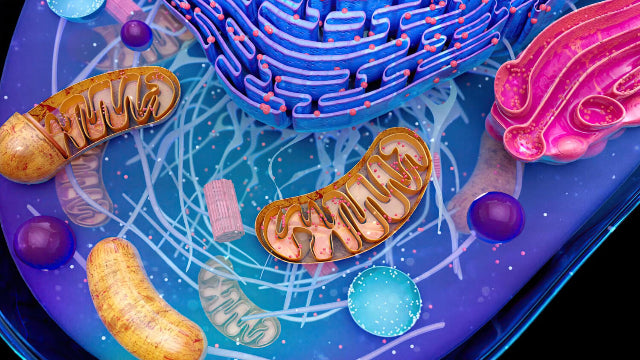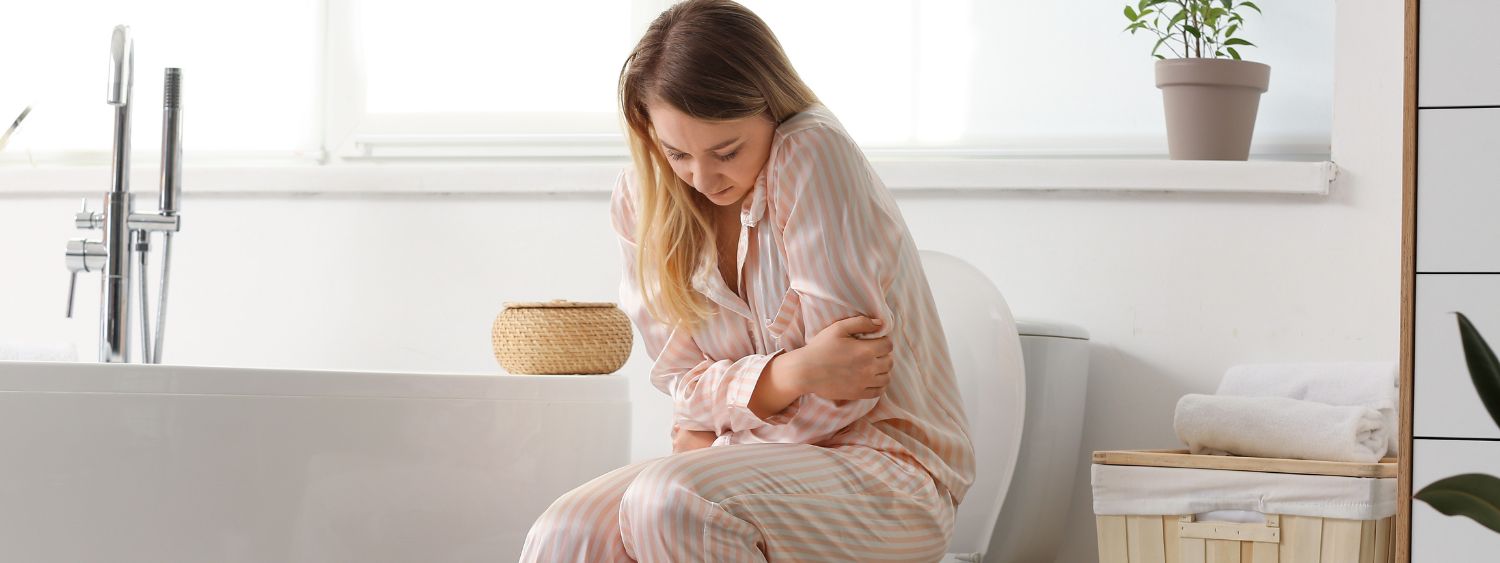Why Constipation Happens (And Why It’s Not Always About Fiber)
Constipation isn’t just about skipping a day or two on the toilet. Real constipation means you are going less than three times a week, and when you do go, it can be hard, dry, painful, or feel like you didn’t fully finish. It can also cause bloating, belly cramps, and a heavy, uncomfortable feeling that just sticks around.
Sometimes constipation is random, like after a long trip or a change in diet. But sometimes it becomes a bigger problem, something that keeps happening even when you are trying to do the right things.
To really understand why, you have to know about the gut microbiome.

Your Gut’s Secret World: The Microbiome
Inside your digestive system lives an entire world of tiny organisms, mostly bacteria, called your gut microbiome. These little microbes are not just hanging out. They are busy digesting food, making vitamins, supporting your immune system, and even helping control inflammation.
When your gut microbiome is healthy and balanced, everything moves smoothly. But when certain bacteria start to take over too much, or the balance between good and bad microbes gets messed up, your digestion can slow down a lot.
How Microbiome Imbalances Can Cause Constipation
Some imbalances in the gut can actually change the way your intestines work. Instead of helping food move through at a normal speed, certain bacteria can send signals that slow everything down. It is like your gut’s natural conveyor belt starts moving in slow motion.
This slowing can make poops harder, drier, and much harder to pass. Even if you are eating fiber and drinking water, if the microbiome is out of balance, constipation can stick around and feel impossible to fix.
That is why rebalancing the microbiome is so important for lasting relief. If you want to know exactly how to do that, stay tuned. We will have a full guide coming soon.
Why Fiber Still Matters
Fiber is super important because it helps bulk up your poop and makes it softer. But adding fiber too quickly, or eating the wrong types of fiber when your gut is already struggling, can actually make things worse. It is not just about eating more fiber. It is about eating the right fiber in the right way.
Why Water Is a Big Deal
Poop needs water just like plants do. Without enough water, even the best fiber in the world will turn into a hard, dry clump. Staying hydrated helps keep things soft, slippery, and ready to move out easily.
How Movement Affects Your Gut
Your intestines are muscles, and they love when you move your body. Exercise like walking, stretching, running, or even dancing can help wake up your digestive system and make it easier to go.
Sitting for too long, like during long car rides, lots of screen time, or being stuck in bed, can slow everything down.

Signs You Might Need Extra Help
Constipation is common, but if you notice these things, it might be time to talk to someone.
- No bowel movements for more than a week
- Severe pain in your belly
- Bleeding when you go
- Losing weight without trying
- Always feeling uncomfortable even after trying basic fixes
Getting help early can save you a lot of frustration and prevent bigger problems later.
Constipation is not always about eating more fiber or drinking more water. Sometimes the real problem is hiding deeper inside the tiny world of your gut microbiome. When certain bacteria slow things down, no amount of bran cereal or prune juice will fix it.
The good news is that when you understand how to rebalance your gut the right way, real relief is possible and it can happen faster than you think.
If you are ready to discover the full plan for fixing constipation from the inside out, keep an eye out for our upcoming ebook. It is packed with everything you need to finally get things moving again, naturally and safely.

